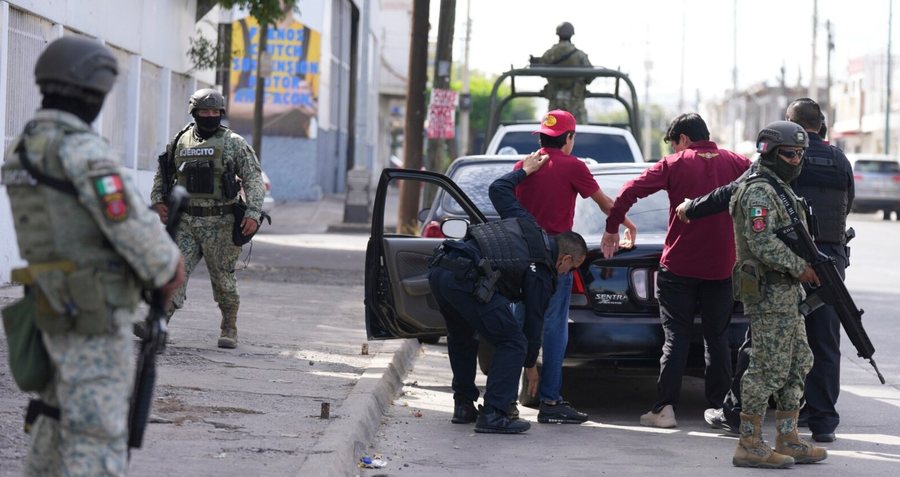
While some have returned to dancing in the streets, the lives of other residents affected by cartel violence in Culiacan, Mexico, will never be the same.
The violence has also restricted the hours for burials. Bands that once played at big parties now play only at intersections. If there is a loud noise, children run for cover. This is the first prolonged period of violence to affect the residents of Culiacan, where in the past there was complete cartel dominance.
"Culiacán is no longer what it used to be; the limits have been crossed. Never before have we seen so many dead," says Jose Alejandro Corona, who shines shoes, according to A2.
Many residents are now grateful for the pressure exerted by United States President Donald Trump to force Mexico to confront the cartels, and some are optimistic that this difficult period may change the previous view that the cartels have been their protectors.
The situation became complicated in September, over a month after Ismael "El Mayo" Zambada - the oldest and most experienced leader of the Sinaloa cartel - said he was kidnapped by one of the sons of former leader Joaquín "El Chapo" Guzmán and taken to the United States, where both were arrested.
The governor's spokesman accuses the United States of being the cause of the violence.
"The current escalation of the situation was initiated by the United States on July 25, when one of the leaders of the Sinaloa criminal groups was captured," says Feliciano Castro, from the local government in Sinaloa.
Since the beginning of the power struggle between the two cartel factions, there have been more than 900 killings since September, according to government data. The way Mexican authorities are handling the violence has changed significantly in the past month, and locals believe the reason is US President Donald Trump, for whom they express gratitude.
"We have great hope that the bilateral relationship between Mexico and the United States under the leadership of Donald Trump and his pressure in terms of tariffs is bringing concrete results, because the arrests made, without distinguishing between the warring groups, are bringing surprising results in reducing their capacities," says Miguel Calderon, elected to the security council in Sinaloa.
Stopping illegal immigration and going after drug traffickers were among President Trump's campaign promises, and he has threatened to impose 25% tariffs. Mexico's new president has expressed a willingness to take a more aggressive approach to the cartels, particularly the Sinaloa cartel, whose main activity is fentanyl. In the last ten days of February alone, Mexican authorities reported destroying 113 synthetic drug laboratories./ Voice of America (A2 Televizion)











